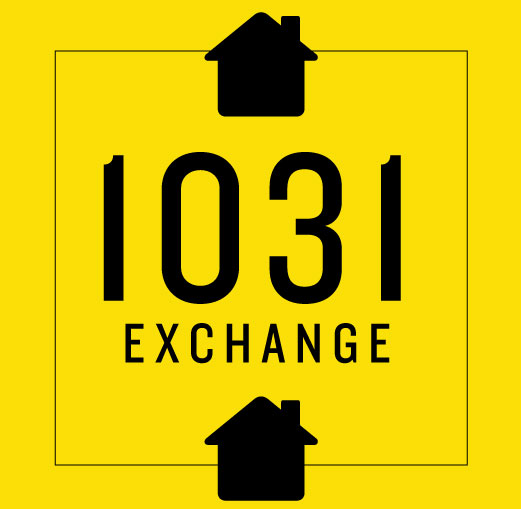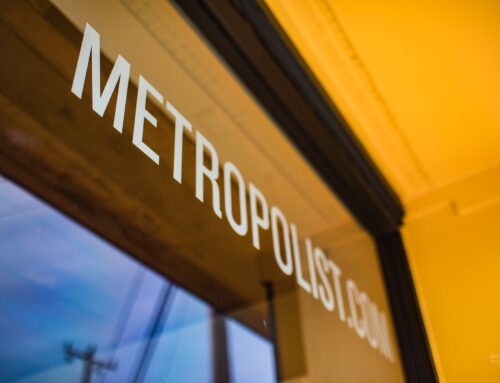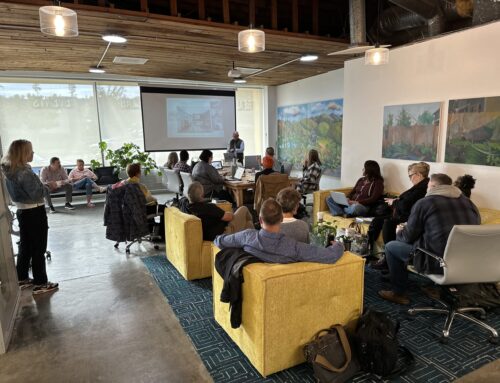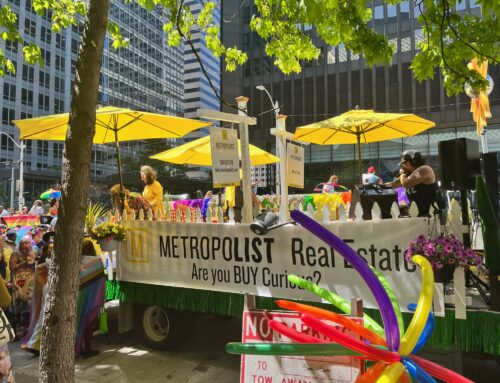We put together an impromptu class at the Learning Lab to update real estate brokers on issues and trends regarding 1031 Tax Deferred Exchanges. Here are the main takeaways from our popup class.
First and foremost
The 1031 Exchanges are explicit in deadlines and qualifying requirements, so the work you do with your qualified intermediary (read: exchange expert) needs to begin as soon into your process as possible.
And Brokers, if you dont have relationships with a trusted intermediary and a tax advisor yet, its time to begin developing them.
Your preferred exchange expert will act as a resource, advisor and professional who will work to best deliver a 100% tax deferral on capital gains for your clients. They will have their eyes on the tax-deferral prize throughout the entire exchange.
Exchange market mythbusting
Theres a misconception that 1031 Exchanges are really only for commercial properties
Not true.
Our presenter, a qualified intermediary and exchange expert, reported that 53% of the 1031s performed in 2016 were for single family residences, with 15% being for multi-family residences.

How to identify exchange investors in Seattle
Clients may be looking to
- Consolidate investment properties: Perhaps by exchanging two duplexes for a retail strip center.
- Diversify investment properties: With Seattle seeing such appreciation, clients may choose to sell one property here, and purchase (perhaps) several in other growing areas in the U.S.
- Increase cash flow / income: For example, a vacant parcel of land that generates no cash flow or depreciation benefits can be exchanged for a commercial building that does.
- Leverage cash & continue to build wealth: A 1031 Tax Deferred Exchange can give an investor leverage to acquire a more valuable investment property. By utilizing the money they would have paid to the IRS in taxes, they can increase their down payment and acquire a more expensive replacement property.
- Experience management relief: This is the most common reason for investors to embark on a 1031 exchange. An investor can increase profits and decrease time and effort in management by exchanging out of a high maintenance rental property into an apartment building or an NNN leased investment.
Timing is still everything
The thing to remember is to get your Qualified Intermediary involved in the process before you close on selling a property. Ideally, even sooner. Get on your experts radar.
Part of the challenge for the Seattle market specifically in engaging in an exchange is the low amount of inventory available.
This circumstance paired with a 45 day deadline, in which a specific replacement property (ies) must be identified.
Plus, theres another deadline: the exchange must be completed within 180 days.
AND the clock starts ticking for both of these deadlines on the same day, which is the date of transfer of the first relinquished property.
Ask your qualified intermediary about these exchange options, too
- Reverse exchanges
- Improvement exchanges
One more
And dont forget to ask your expert about how closing costs will affect your clients transactions on both the selling and buying sides in an exchange. They will be affected on both sides.
Your clients want and need options.
Arm yourself with good knowledge about the exchange market via a relationship with a trusted intermediary.
The value youll bring to your clients will increase, as will your expertise and overall business.
Better value makes for better business.
Serve it up!














